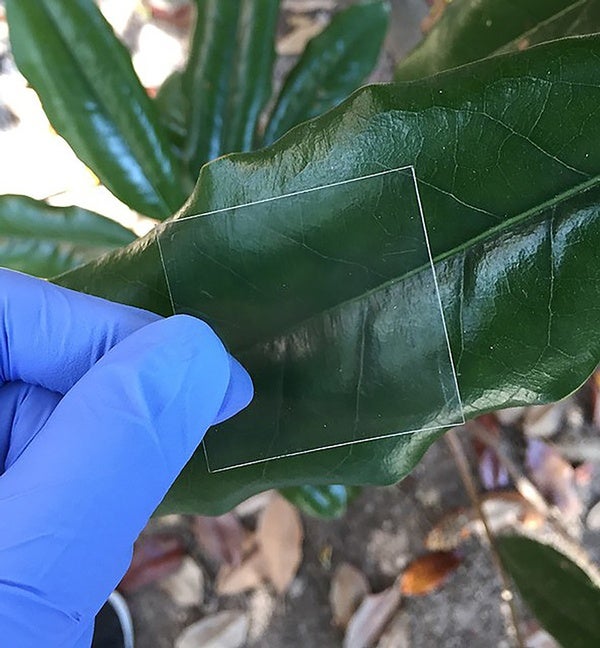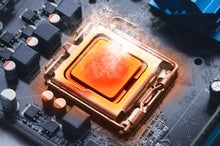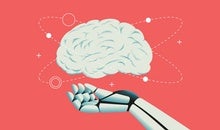 |
| January 09, 2024 |
After decades of experimentation and trial by materials scientists, transparent wood will soon be a viable material for super-strong smartphone screens or light fixtures. In pressure tests, one variety of transparent wood registered three times stronger than transparent plastics like Plexiglass and about 10 times tougher than glass. Read more about this exciting technology in this week's top story. Enjoy! |
| |
 |
| |
| |
| |
| Artificial Intelligence AI's Biggest Challenges Are Still Unsolved Three researchers weigh in on the issues that artificial intelligence will be facing in the new year | | By Anjana Susarla,Casey Fiesler,Kentaro Toyama,The Conversation US | | | |
| |
| |
| |
| |
| |
| |
LATEST ISSUES
 |
| |
| Questions? Comments?  | |
| Download the Scientific American App |
| |
| |



















